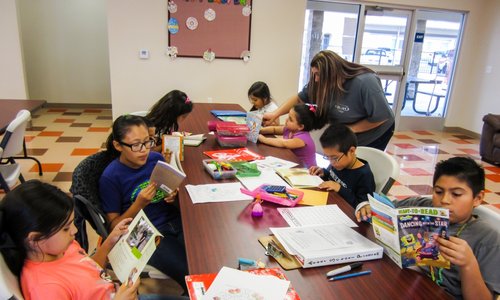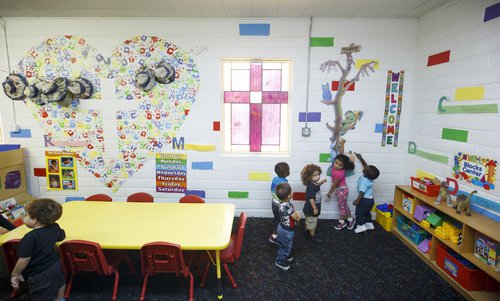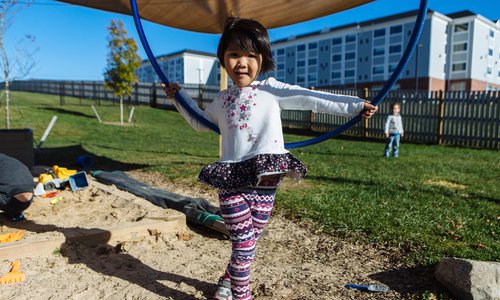Stories

The Farm Bill’s Potential for Supporting Rural People and Places
The Farm Bill presents an opportunity to provide rural communities and people the resources they need to flourish. LISC’s Mark Kudlowitz and Nicole Barcliff examine where things stand in Congress and how the legislation can support the needs of families while also revitalizing communities that have long experienced capacity constraints that hinder community and economic development opportunities.

Strong Support for Communities in the 2024 State of the Union
LISC’s Matt Josephs reflects on this year’s State of the Union speech, taking particular note of the president’s comments about affordable housing, child care, climate solutions and community safety. "Taken as a whole, the speech offered a strong and hopeful statement of purpose,” Josephs said, adding that it will take sustained leadership at all levels "to translate promising ideas into on-the-ground progress for families and communities.”

How Expanding Access to ARPA Has Expanded Access to Child Care
To support the struggling child care sector during and after the pandemic, Congress dedicated billions in child care relief funding under the American Rescue Plan Act (ARPA). The LISC Child Care and Early Learning team explores how minor but important changes in the administration of ARPA funding directed to child care programs can streamline deployment and make federal fund distribution more equitable.

The Housing Challenges of Home-Based Child Care Providers
Family child care (FCC) or family, friend, and neighbor (FFN) educators and caregivers are often the most convenient option for many households, but rising housing costs are exacerbating financial hardship and survival for the critical workforce. In the blog that follows, the LISC Child Care & Early Learning team shares some of the immediate challenges for the child care workforce, particularly FCC and FFN, LISC resources that help to address some of these issues, and a spotlight on LISC Milwaukee as they develop affordable housing for educators in proximity to childcare centers throughout the city.

Why Rural Child Care Should Be a Top Priority for the Farm Bill
The fact that much of rural America is a “child care desert” has far-reaching implications for the families, children and care providers directly affected—but also for regional and national economic health and wellbeing. In other words, it impacts all of us. LISC’s Nicole Barcliff argues for ways the next USDA Farm Bill can nurture a humane and robust child care network across rural places through dedicated funding and technical assistance. All of which demands a critical shift in perspective.

Laying the Foundations for Women’s Wellbeing: A LISC Roundtable Discussion
To close out Women's History Month, we were honored to host a deeply personal and wide-ranging conversation with LISC staff and partners about women as the backbone of their communities and local economies, in large part because they are caretakers (of children and others, both within and beyond the family), and the imperative of systems change, solidarity and self-care. As LISC's Nicole Barcliff put it, "you can't think about a community thriving in a holistic manner without thinking about the role of women, and investing in women."